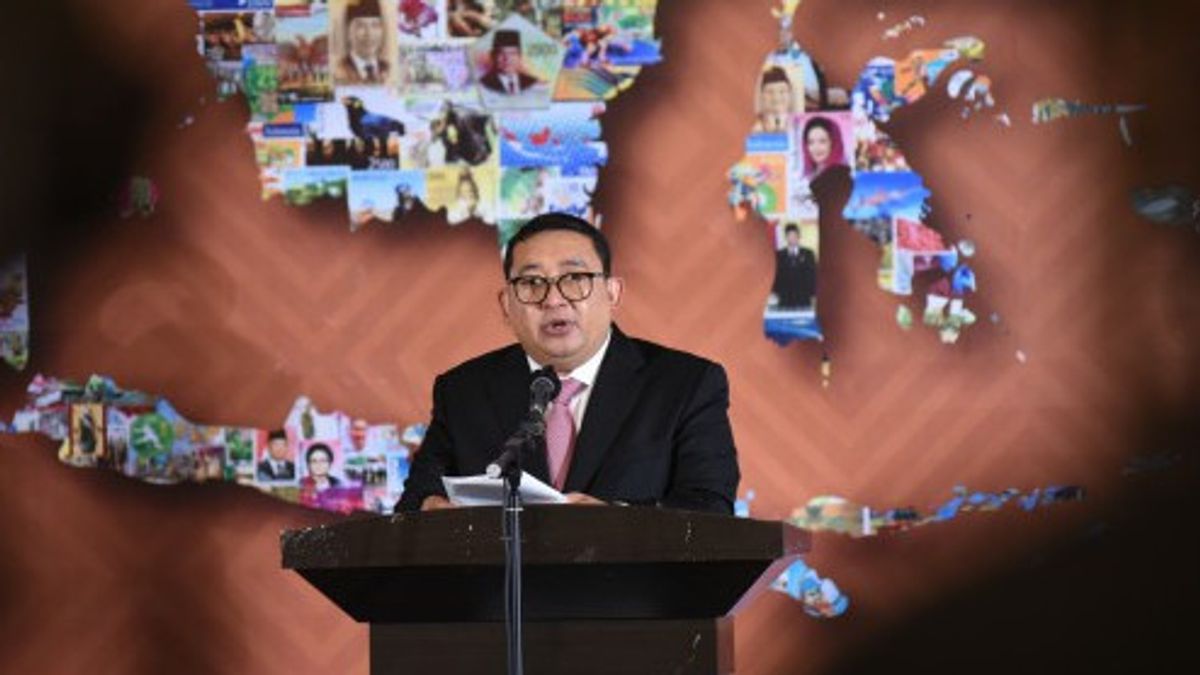JAKARTA - Chairman of the House of Representatives Inter-Parliamentary Cooperation Agency (BKSAP), Fadli Zon, assessed that the presence of stamps can become the identity of a country, just like money.
When a new country is established, it requires a medium of exchange for payment and a means of written communication in the form of conventional correspondence. Fadli said, the presence of stamps in a country will show when the country was established and under what circumstances the socio-political dynamics that accompany it.
Apart from being a state identity, according to the Gerindra Party politician, stamps can also be a means of second-track diplomacy. Second-track diplomacy is a practical form of informal or non-official government activities that connect between groups of people (non-state actors).
"So stamps are not only a means of paying for correspondence. But, they are also part of identity, part of second track diplomacy. Relations between citizens that not only existed in the era of information technology were still not advanced, but are also relevant today because they are part of culture. material," said Fadli Zon, quoted from Parliament, Friday, August 5.
Fadli explained that before becoming a member of the United Nations, Indonesia printed stamps in Philadelphia, the United States. Thus, stamps can record some important historical events. Not only political ones, such as elections, or sports such as the Asean Games, but also the events of the COVID-19 pandemic that are well recorded on postage stamps.
Fadli hopes that the hobby of philately is also increasingly loved by young people today. This is shown in several schools in big cities in Indonesia which have started to revive the hobby.
It can train perseverance, thoroughness, and also educate people from a stamp about many events.
“At Al-Izhar school there is a philately club. They started to be trained from elementary school. Where did you get the stamps from? from a number of online platforms he bought from there, from the post office, bought and then assembled. So we hope that this hobby will continue to grow and can be part of education and character building, especially for young people," concluded the member of Commission I of the DPR RI.
Philately is the study or research of postage stamps and history. Philately also refers to collection, appreciation and research activities on stamps and other philatelic products. Philately involves more than just collecting stamps or the study of stamps. Thus, one can become a philatelist without collecting stamps. For example, if the stamps studied are very rare or only exist in museums.
The English, Chinese, Japanese, Arabic, and French versions are automatically generated by the AI. So there may still be inaccuracies in translating, please always see Indonesian as our main language. (system supported by DigitalSiber.id)








